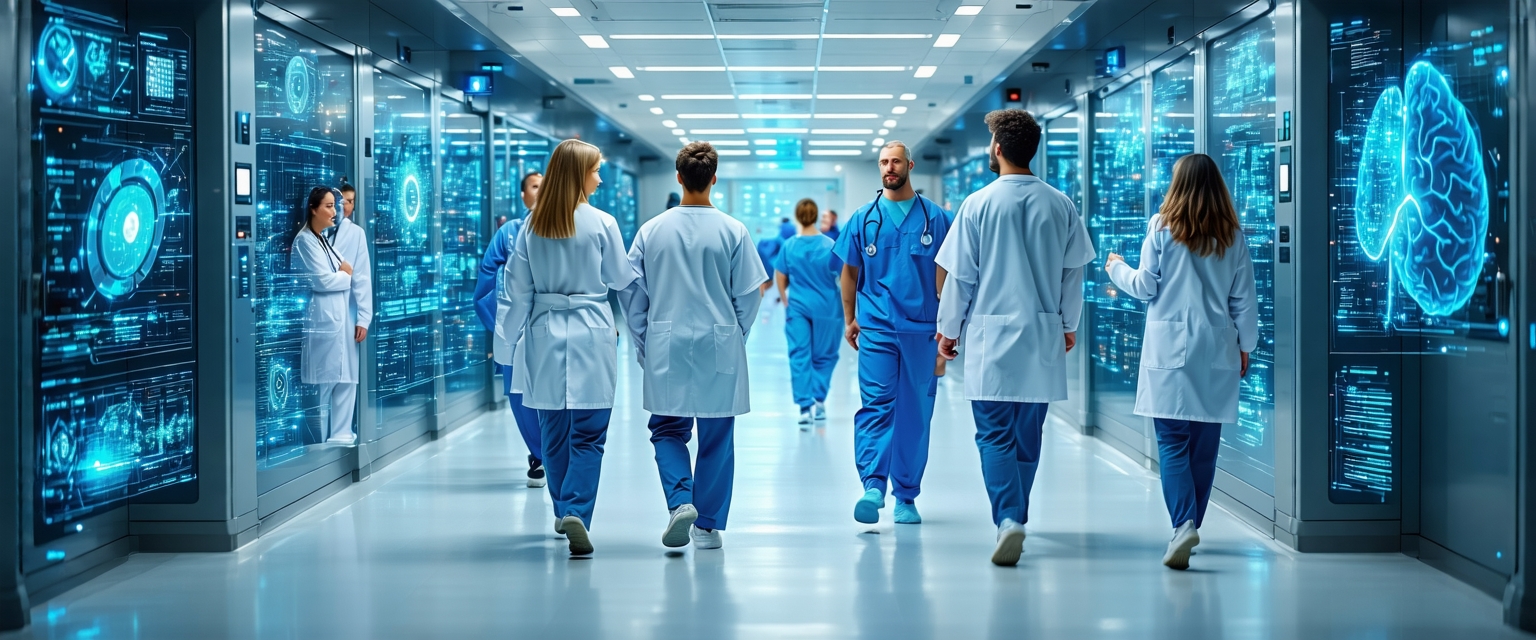






Artificial intelligence (AI) is rapidly transforming healthcare, offering new tools for diagnosis, treatment, and patient care. Recent advancements are showing significant promise in improving accuracy, efficiency, and accessibility across various medical fields.
AI’s application in healthcare has been growing steadily for years. Early applications focused on administrative tasks and data analysis. However, recent breakthroughs in machine learning, particularly deep learning, have enabled AI systems to analyze complex medical images and data with unprecedented accuracy, leading to more sophisticated diagnostic tools and personalized treatment plans.
One of the most exciting recent developments is the improved accuracy of AI-powered diagnostic tools. New algorithms are exceeding human specialists in identifying certain types of cancers, such as lung cancer, from medical scans. Furthermore, AI is increasingly being used to analyze patient data to predict potential health risks and personalize preventative care strategies.
Beyond diagnostics, AI is also showing promise in drug discovery. AI algorithms are accelerating the identification of potential drug candidates and optimizing clinical trial designs, leading to faster and more efficient development of new treatments.
The impact of AI in healthcare is already being felt. Improved diagnostic accuracy leads to earlier intervention and better patient outcomes. AI-powered systems can also help alleviate the burden on healthcare professionals by automating tasks and providing support for decision-making. Increased efficiency and better resource allocation can potentially reduce costs and improve overall access to quality care.